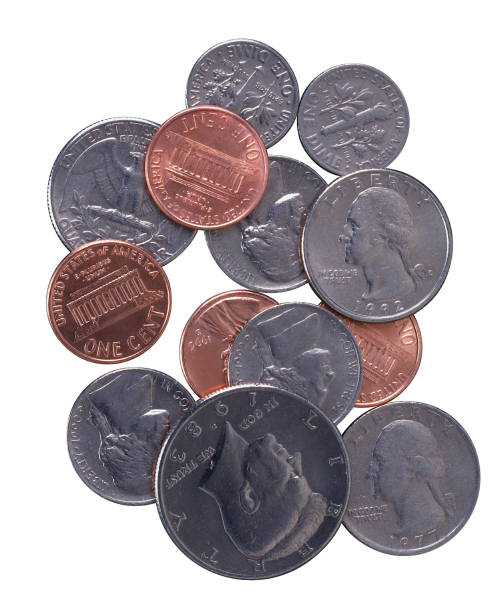“So if you have not been trustworthy in handling worldly wealth, who will trust you with true riches? And if you have not been trustworthy with someone else’s property, who will give you property of your own?” (Luke 16:11-12 NIV).
I took my family to see a movie recently. While waiting in line to purchase popcorn and treats, my wife noticed one of the theater’s employees, responsible for crowd control and security, chide a man and woman whom he knew about paying for their own tickets. “Next time,” he said, “come get my attention and I’ll let you in.”
In my restaurants, we have policies that govern how and when store managers can offer free food to guests. In spite of those policies, we have uncovered instances where employees have exchanged free food for personal health club memberships, department store coupons, or just to feed their families and friends.
I am bothered by such behavior, but my hands are not so clean, either. In a local coffee shop, a cashier I have gotten to know will occasionally pick up my coffee tab. I’ve had a lot of reasons to accept her acts of kindness, but I’m not so sure she has the authority to waive my bill.
In the parable of the shrewd manager (Luke 16:1-9), Jesus tells his disciples about a man who has been accused of wasting his employer’s property. When confronted, the employee does not protest the accusation but immediately enters into other fraudulent activity with the employer’s customers (writing down their bills) in order to gain assistance from them once he is out of a job. The employer, in firing the man, commends him for acting shrewdly.
Jokes with a hidden meaning are called “inside jokes.” When we gain insight into the meaning of such a joke we exclaim, “Oh, I get it! I get the joke!”
All of Jesus’ audience got the joke of the parable. Each of the characters—the employer, the employee, and the customers, understood how money worked to benefit the dishonest manager. I have heard that the employer was dishonest to begin with—that he had been overcharging the customers, perhaps even charging them interest on their purchases against the Mosaic Law. That may be true, but it is irrelevant. What is certainly true, without a doubt, is that his property had been manipulated by a dishonest employee. But he does not seem to have been shocked by the betrayal; by commending the employee he seems almost wistful about what a great idea it had been.
He got the joke.
The customers were quick to take advantage of an opportunity to reduce their bill. They knew exactly how much they owed yet they pounced on the opportunity to participate in fraud, knowing full well they were obligating themselves to a future call from the dishonest employee.
They got the joke.
The dishonest employee, the mastermind, apparently got off scot free, although he lost his job. Not only did he get the joke, he made a pretty good living on it. He was a good judge of the integrity of the employer’s customers.
Concluding the story, Jesus told his disciples that the “people of this world are more shrewd in dealing with their own kind than are the people of the light” (8b).
Some people find the story discomforting because Jesus tells His disciples to use their worldly wealth to “gain friends for yourselves, so that when it is gone, you will be welcomed into eternal dwellings (Luke 16:9). But Jesus is not implying any dishonesty here. Rather, He is reminding us to use our worldly wealth for the benefit of advancing the Kingdom of God. The amount of money God directs our way is not important. Our stewardship of our money blessings is what God cares about.
Some people struggle with this parable because it seems that Jesus is commending the shrewd employee, but that is incorrect. Jesus clearly indicts each of the characters in the parable with being “dishonest in little,” and His conclusion that you cannot serve God and money placed the “root of all evil” clearly into view.
You see, the story itself is not surprising; such behavior happens all of the time. What made and continues to make the parable so discomforting is that we all get the joke. “The Pharisees, who loved money, heard all this and were sneering at Jesus” (Luke 16:14).
I believe Jesus wants us to see ourselves in the story—the victim who is not so innocent, the bystanders who take advantage of an opportunity to cheat and get away with it, and even in the perpetrator of the fraud. Jesus is reminding us that nothing is hidden from God. Jesus meant what He said about being honest with the little things.
I think Jesus also wants us to know that our actions are often observed by others.
I’m usually in the coffee shop with a Bible in my hand. Ouch.
I am going to politely decline the next offer of a free cup of coffee. I will not begrudge the friendly cashier for her kind offer, but I will not put her job into harm’s way over the price of a cup of coffee I can easily afford. Neither will I overlook my obligation to be faithful in the little things.

